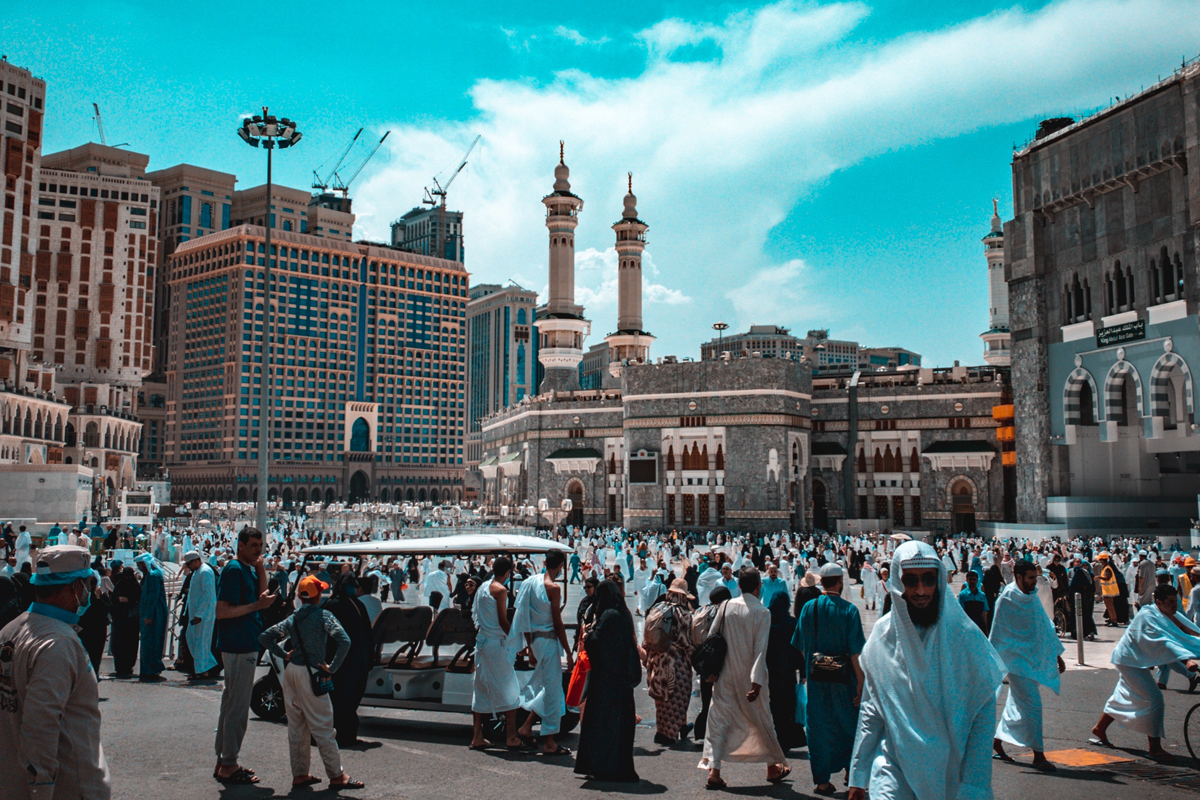Hotel owners are ploughing a “massive amount” of money into Saudi Arabia, but the investment appetite for the rest of the region is less positive in the short term, according to Simon Allison, CEO of hotel owners’ alliance, HOFTEL.
Figures released by STR earlier this month show that the kingdom has 73,057 rooms across three phases of the hotel pipeline, while the country’s projected 67.1 percent increase in room supply over the next three years is the highest among the world’s 50 most populated countries.
Of the total rooms in the pipeline as of March 11, 16,965 were scheduled to come online over the duration of this year.
Allison told Arabian Business: “[Saudi] has massively ambitious plans. They’ve got great teams, some of the best hotel talent has been attracted there from all over the world. They’ve got great people, they’ve got plenty of money and they’ve got very coherent development plans.”
Massive investment in mega tourism projects to the tune of $810 billion is expected to transform Saudi Arabia into one of the largest leisure tourism industries in the world over the next decade.
According to research conducted last year by the Middle East and North Africa Leisure Attractions Council (MENALAC), the leisure and entertainment industry council, new mega tourism projects will occupy an area in excess of 64,634 square kilometres.
Already, Saudi Arabia has taken big strides to attract overseas tourists, such as the launch of a tourist visa in 2019, and by hosting a series of high-profile sporting events such as Formula E, world heavyweight boxing and top European football matches.
And Allison conceded that the emergence of the kingdom as a tourism hotspot comes as something of a “double-edged sword”, with positives and negatives for the rest of the region.
He said: “Clearly it’s straight competition so that will have some negative impact. On the other hand, for somebody coming long haul, it’s something else to do. If you’ve been to Dubai three times and you’ve done the beaches and the malls, maybe you can now do a nice stopover in the UAE for a few days and then go on to Saudi for a week. Maybe that actually stimulates more tourism.
And while he said the levels of investment in Saudi were “enormous”, he admitted the same wasn’t true for the rest of the GCC countries, where hotel supply has been plentiful, particularly in Dubai, as nations diversify their economies away from a reliance on hydrocarbons.
“I think people who have money are happy to put money into renovations right now, because obviously there’s a lull in construction activity so it’s a bit cheaper. If you’ve got the money and your hotel is empty, people are doing that, but right now, starting new projects, I think people are taking a breather,” he said.
“I think some of the boutique stuff will have some extra impetus in the luxury market, in the villa market. Privacy has been a big thing here, so private villa hotels, private apartments, anything with a private pool, that’s going to be a premium.
“I expect to see a shift to that. People will be investing in that more. But your average three, three-and-a-half star hotel on Sheikh Zayed Road, honestly, why would you build another one right now? People are, but I wouldn’t want to put my money into that right now.”
 Simon Allison, CEO of hotel owners’ alliance, HOFTEL
Simon Allison, CEO of hotel owners’ alliance, HOFTEL
Due to the crippling impacts of the coronavirus crisis on the hospitality industry at large, many had predicted a ‘fire sale’ of distressed properties as owners defaulted and banks foreclosed.
However, Allison said this wasn’t the case.
“The other thing which is a phenomenon the world over this time, to the frustration of a lot of our Hoftel members [hotel owners who make up the HOFTEL alliance], is that they’re just not seeing the opportunities, because governments are telling banks not to foreclose. In some countries they’re setting up warehousing schemes.
“They’ve obviously given support in different forms to paying for the workforce, so the enormous distress and sales at 40 cents on the dollar that we expected to see a year ago, they’re just not happening anywhere – a little bit in America, but not really anywhere else, not in Europe, not in Asia, not in the Middle East,” he said.
“As long as the banks pursue extend and pretend policies and don’t foreclose and let loans be rescheduled, you’re also not going to have much to invest in, in terms of existing stock.”
Allison was speaking ahead of the Gulf and Indian Ocean Hotel Investors’ Summit 2021 (GIOHIS) in Ras Al Khaimah on November 15-16.






